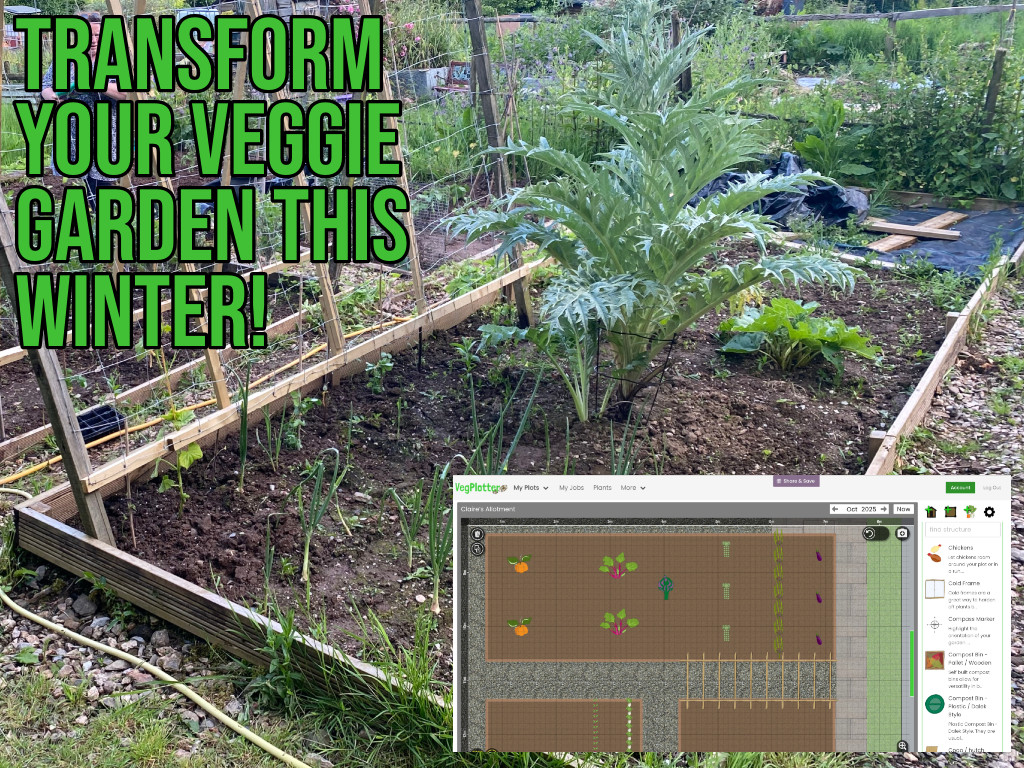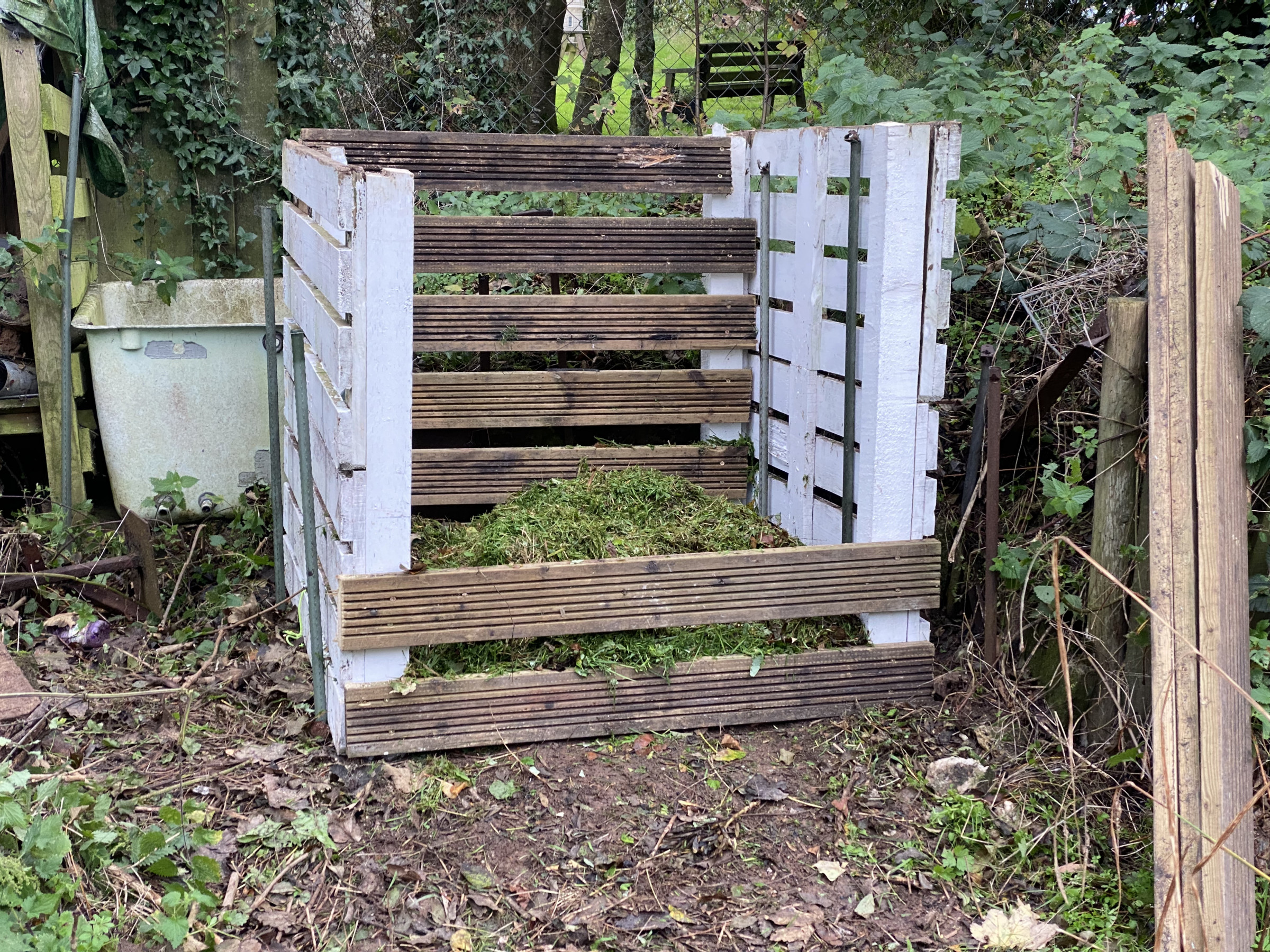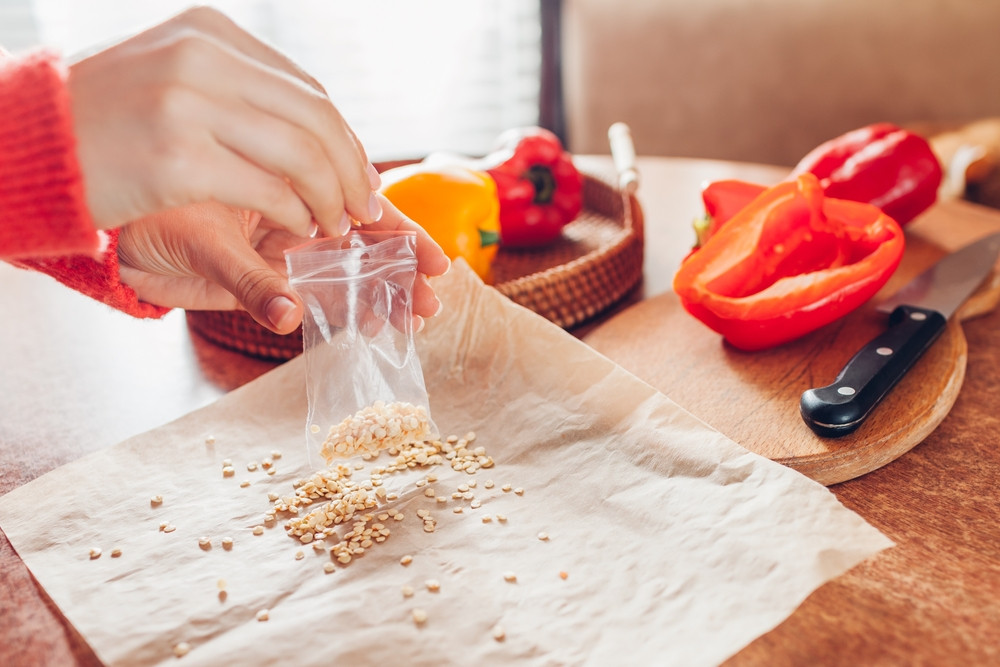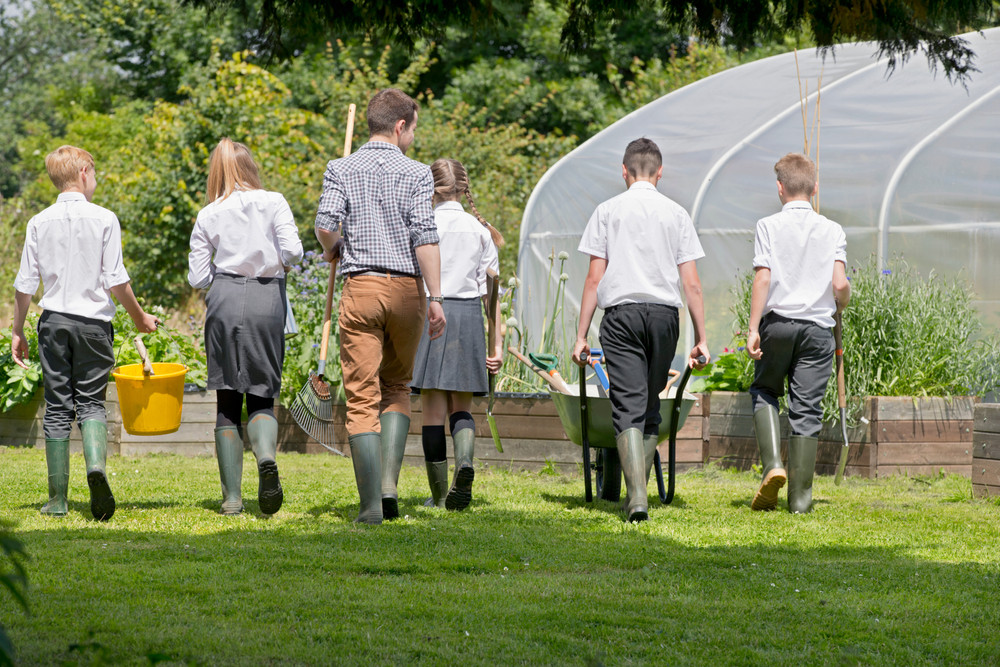Companion Planting for a Thriving Spring Garden in South Africa
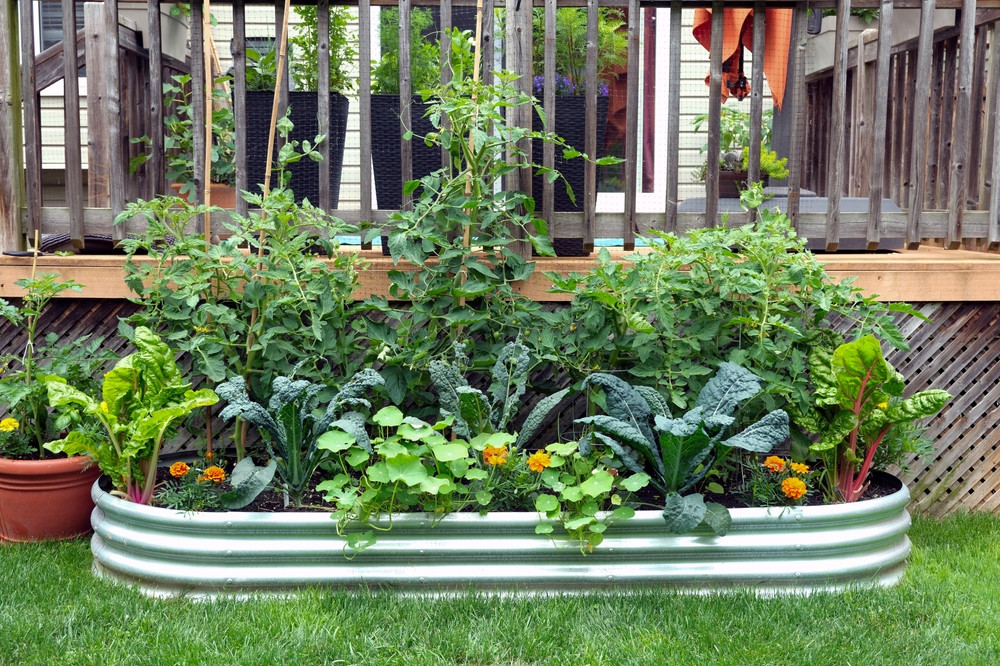
Harnessing Nature's Synergy
Spring in South Africa is a season of renewal, and for gardeners, it's the perfect time to sow the seeds of a bountiful harvest. Companion planting, a technique that involves growing specific plants together to enhance their growth and productivity, can be a game-changer for your spring garden. By carefully selecting plant pairings, you can create a harmonious ecosystem that benefits both your plants and the environment.
Key Benefits of Companion Planting
- Pest and disease control: Certain plants can repel pests or attract beneficial insects that prey on harmful bugs. For instance, planting marigolds near tomatoes can deter nematodes.
- Improved pollination: Flowers that attract pollinators, such as bees and butterflies, can help increase the yield of fruit and vegetable crops.
- Nutrient cycling: Different plants have varying nutrient requirements. By growing complementary species together, you can optimize soil health and reduce the need for fertilizers.
- Enhanced flavor: Some plants can influence the taste of others. For example, planting basil near tomatoes is said to intensify their flavor.
Popular Companion Planting Combinations for South African Spring Gardens
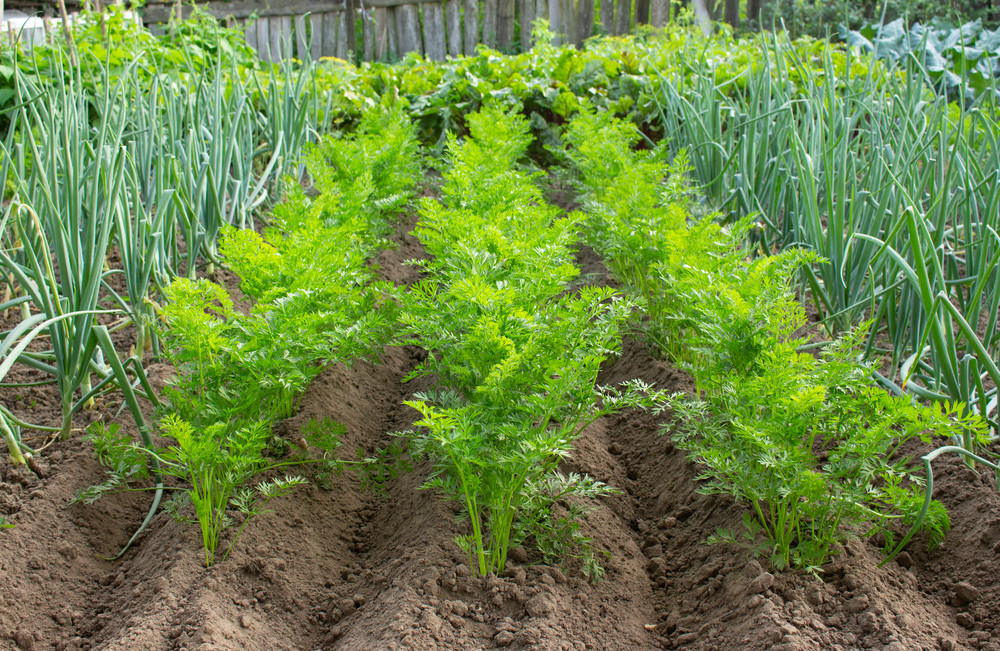
Vegetable Gardens:
- Tomatoes and basil: A classic pairing that enhances flavor and deters pests.
- Beans and corn: The beans provide nitrogen-rich soil for the corn, while the corn offers support for the bean vines.
- Carrots and onions: The strong scent of onions can repel carrot flies.
- Lettuce and radishes: Radishes mature quickly and can mark the rows for planting lettuce.
- Spinach and strawberries: Spinach provides shade for strawberries, protecting them from excessive heat.
Herb Gardens:
- Rosemary and thyme: These herbs complement each other's flavors and can be used together in cooking.
- Oregano and marjoram: Similar in taste, these herbs can be used interchangeably.
- Mint and parsley: The strong scent of mint can deter pests from nearby plants.
- Sage and lavender: Both herbs have calming properties and can attract beneficial insects.
Flower Gardens:
- Sunflowers and nasturtiums: The tall sunflowers provide shade for the nasturtiums, which can attract aphids away from other plants.
- Marigolds and roses: Marigolds can repel nematodes and other pests that may harm roses.
- Zinnias and alyssum: Zinnias attract pollinators, while alyssum can deter cabbage moths.
- Cosmos and sweet peas: These flowers can attract butterflies and bees to your garden.
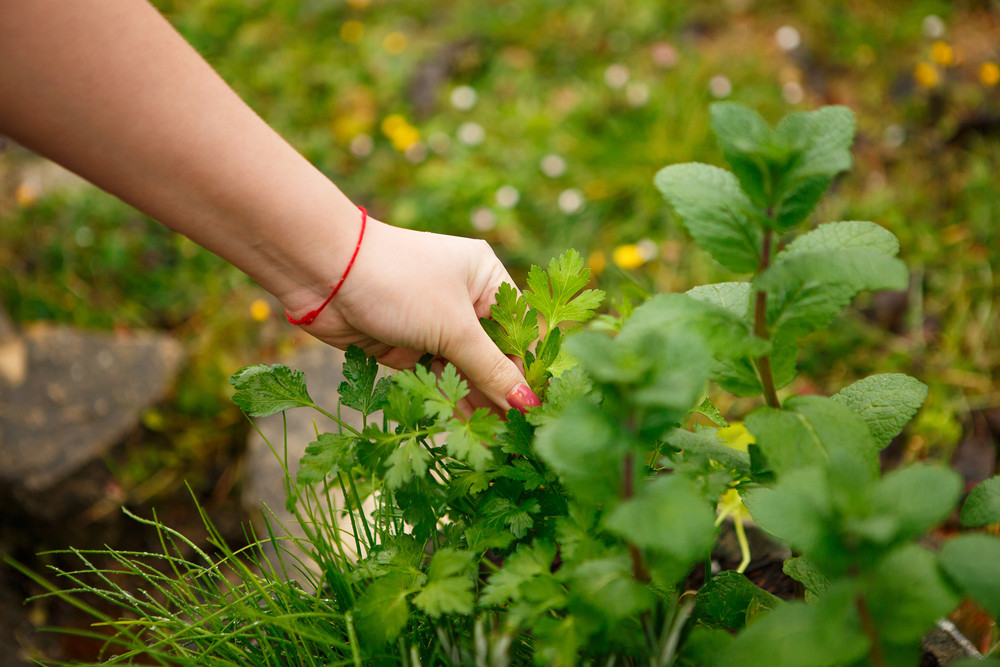
Indigenous Plants:
- Aloe vera and spekboom: These succulent plants can be grown together to create a low-maintenance, drought-tolerant garden.
- Buchu and fynbos: Buchu can repel pests, while fynbos can attract beneficial insects.
- African daisy and wild rosemary: These flowers can attract pollinators and add a touch of native beauty to your garden.
Tips for Successful Companion Planting
-
Consider plant spacing: Ensure that plants have enough room to grow without competing for resources.
-
Monitor your garden: Keep an eye out for signs of stress or disease, and adjust your planting strategy as needed.
-
Consult a garden planner: VegPlotter is filled with vegetable and herb varieties that make companion planting a breeze.
By incorporating companion planting into your spring garden, you can create a thriving ecosystem that is both productive and enjoyable. With careful planning and observation, you'll be rewarded with a bountiful harvest of delicious, homegrown produce.

